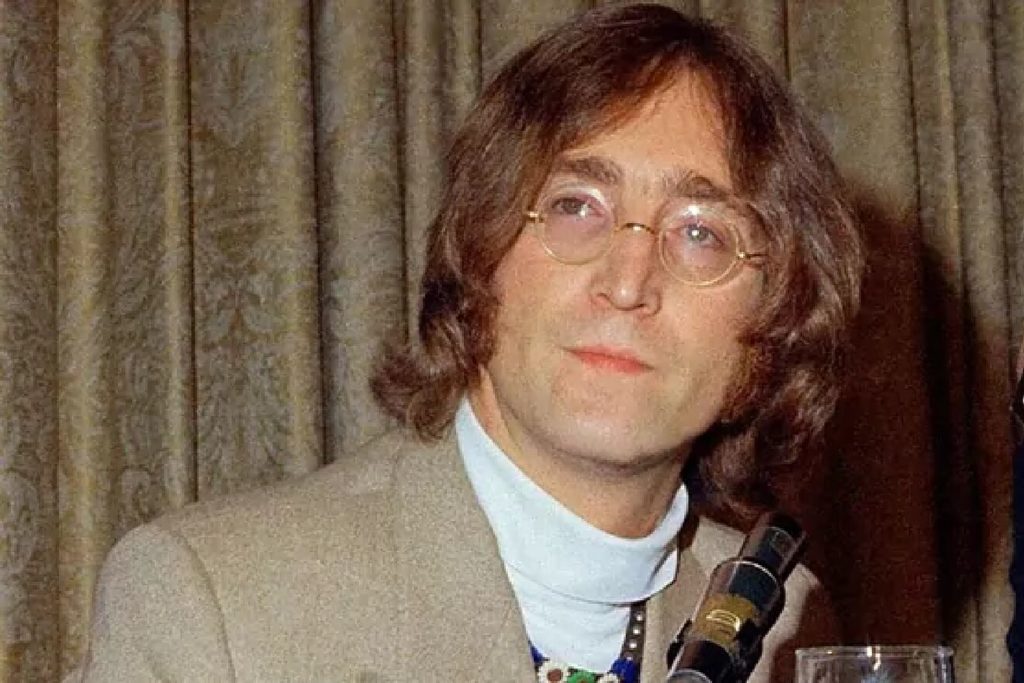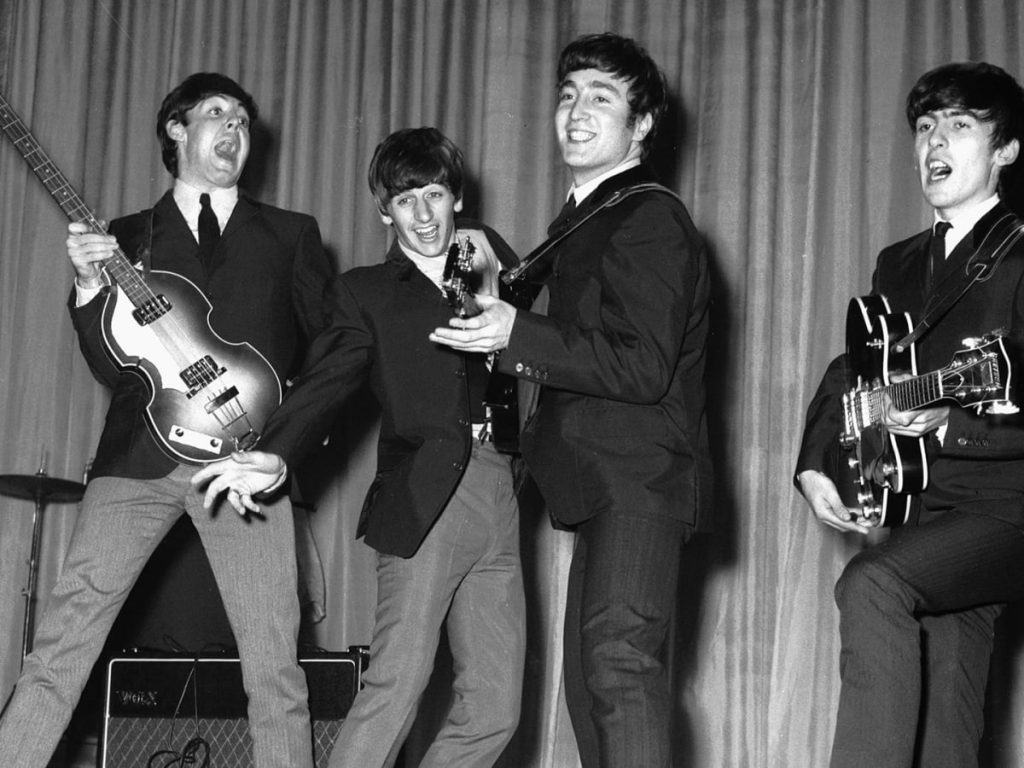In a recent tweet, Taylor Momsen mentioned she can’t forget the bat incident.
The Pretty Reckless singer reposted a tweet about the evolution of the ‘Batman’ logo, adding her own comment:
“This is cool and gives me PTSD at the same time.”The Story Behind Taylor’s Bat Incident
Momsen was bitten by a bat during a live show in Spain while opening for AC/DC. Performing in Seville, the audience shouted to warn her about the bat on her leg. Unbeknownst to her, the bat had landed on her dress as she sang ‘Witches Burn.’ Video footage shows Momsen, initially unaware, asking the crowd what they were pointing at:
“You guys are pointing at something and I don’t know what you’re saying.”
Upon realizing the situation, she calmly requested assistance:
“There’s a f*cking flying bat on my leg right now, can someone help me, please? I must really be a witch.”
Momsen’s Reaction to the Bat Incident
The video captures a staff member shaking Momsen’s dress to dislodge the bat. Later, Taylor shared the video on Instagram with the caption:
“So… ROCK AND ROLL MOMENT… in Sevilla Wednesday during ‘Witches Burn’ of all songs… a bat flew onto me and clung to my leg… In the moment I was performing and had no idea until the incredible crowd kept screaming and pointing…”
She continued:
“He was cute, but yes he bit me… So rabies shots for the next two weeks. Thanks to all the staff at the hospital who dubbed me batgirl after seeing it on the local news that morning… More footage to come… That’s one for the books!”
A few days after the incident, AC/DC gave Momsen a humorous gift. She shared a video of herself opening a toy bat from the band, expressing her love for the gift and appreciation for their hard work.










